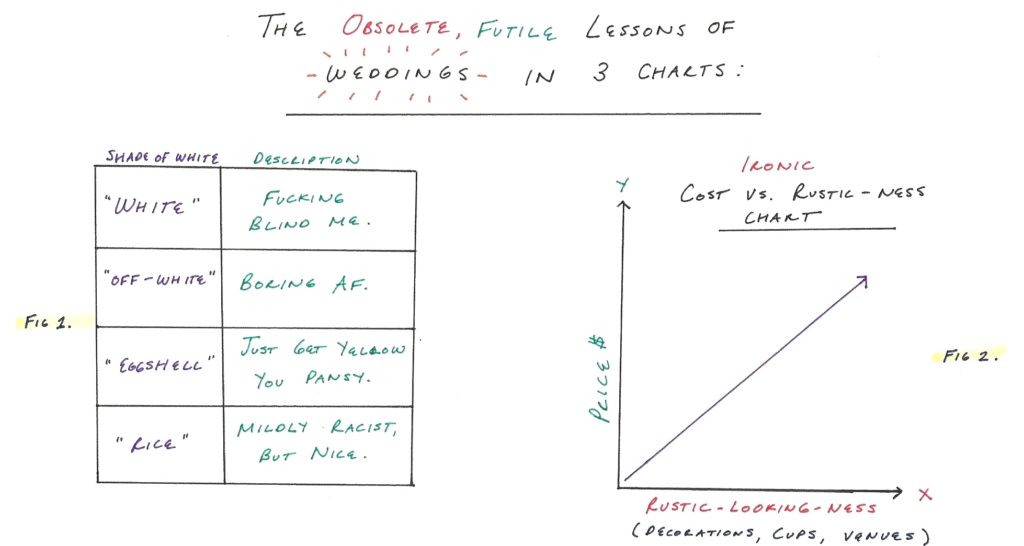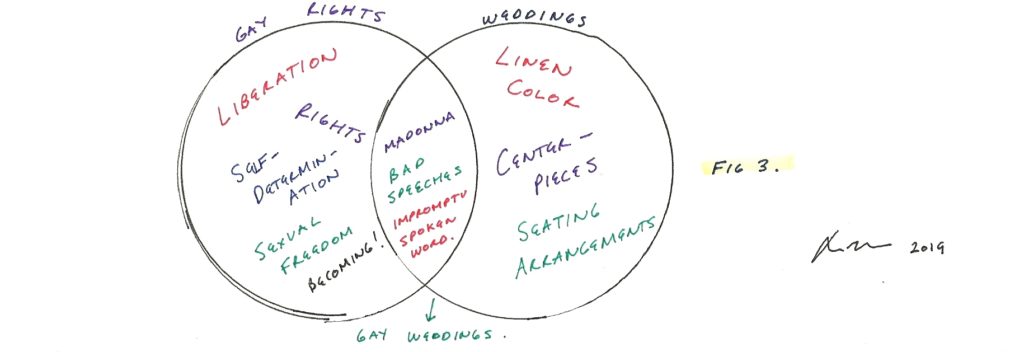A caution before you proceed with reading: this is a messy, raw narrative that doesn’t have the tone of levity or the quirky graphical representations that I typically employ in my writing. This is just me, struggling in a dialectic.
Over the last few months, I have slowly processed my emotions on what has been a “third rail” topic of discussion for me: racism against Asian Americans. It’s been a challenging topic for me to broach due to a number of reasons, which include:
- Asian Americans exhibit some level of racial privilege, which appears in educational attainment and some income levels if the data is not disaggregated
- Asian Americans have been perpetuators of racism, but have simultaneously been the victims of racism by both white people and other communities of color
- It feels immensely challenging for me to have a conversation about the above point because I feel guilt and/or shame for taking up space from women, Black and Latino folks…
- …yet not speaking up makes me harbor resentment for not having a channel to express my anger and fear
- Save for a few college courses that I sought out, I have never been taught the history of Asian Americans, our subjugation, our movements, and/or our liberation…
- …which means that I have never had formal education about the hardships that Asian Americans have endured nor have I had substantial exposure to Asian American civil rights leaders…
- …and as a result, I am constantly trying to figure out how to be an Asian American advocate, leader, fighter, and ally. I am constantly fearing that I am failing to be that person I don’t see in the world
- I feel like this is a huge misuse of bullet points and an excuse for one giant run-on sentence, but thank you for hanging with me
- Finally, until recently, the misguided goal I have had for much of life has been to assimilate to whiteness, which has obfuscated my ability to embrace my Asian American identity
Although all of the above points are important, I want to elaborate further on the false aspiration of assimilation. For a long time, I desired nothing more than to fit into the dominant culture of the US and much of the world – white culture. White culture was my television, my presidents, my reminder that there was a better life than the one I lived. I posited that if I was able to make it into and be accepted by white culture, then I would feel accepted, validated, and able to navigate the world freely. In this perverted logic, to “make it” was to fade into a culture that was foreign to me – a culture that has, ironically, construed me as foreign. Success, acceptance, and life was assimilation. Assimilation was erasure.
After a few years of working and navigating the world, I was hit with a harsh reality. It doesn’t matter how well I speak English or if I use articles or prepositions correctly in my speech. It doesn’t matter how many books I read. It doesn’t matter how much of an Anglophile I am or how much Jane Austen I claim to love. It doesn’t matter who my friends are, who I date, who I hang out with, or who I admire. It doesn’t matter what my job is, what my title is or how much money I make. It doesn’t matter because I will never assimilate into whiteness – I will always be an Asian American girl from a Vietnamese refugee family who is decidedly not white.
It takes a moment like COVID-19 to prove how much of a false narrative assimilation is. The cloak of assimilation dissipates when looking Asian makes you a target to be spit at, yelled at, harassed, bullied, or the target for an acid attack. No cares about your assimilation story nor will that story provide protection when you phenotypically look like the villain. That’s the striking thing about racism – your story is flattened to one dimension where no one cares about where you’ve been, where you plan to go, or what you stand for. You are just the story ascribed to your skin.
I’ll end with a story that I have thought a lot about for more than a decade:
I went to a university that, at the time, was predominantly white and very wealthy. More than half of the student body could afford to attend this very expensive institution without any form of financial aid. I had come from a neighborhood that was the complete opposite of that – working class with few wealthy or white people save for the teachers that drove in every day to educate us. In an effort to fit in at my university, I went to Goodwill and purchased a Ralph Lauren polo – a used version of the shirt that so many of my classmates wore (confoundingly) with the collar popped up. As much as I wore that black polo with the illustrious red horsemen logo, I couldn’t help but notice that my shirt was always a little more faded than others. I also noticed that I still felt like an outsider despite adorning the attire of an insider.
I think about that shirt a lot. I think about how I felt like a kid in a costume playing a role that never fit. I think about the symbolism of the situation. From far range, I (barely) looked the part. On closer inspection, I was just an Asian kid in a faded second-hand shirt that was discarded by someone who had more.
I am slightly older and removed from the situation. After years of striving, failing, processing, and rebuilding and after weeks of reading and bearing witness to several injustices against Asian Americans, all I can really say is fuck that Ralph Lauren polo. It was never meant to fit people like me, never meant to embody who I am, never meant to be more than a symbol of an unattainable, warped dream. Besides, who wants to pay $60.00 for a dumb ass shirt?
I am left with many questions during this state of anger and reconstitution: If not assimilation, then what? If not performing a role, then how to be? If not waiting to have a story ascribed to my skin, then what story will I write for myself? If not a bystander watching my own people become victims of racism, then how will I fight? If not, then how?

